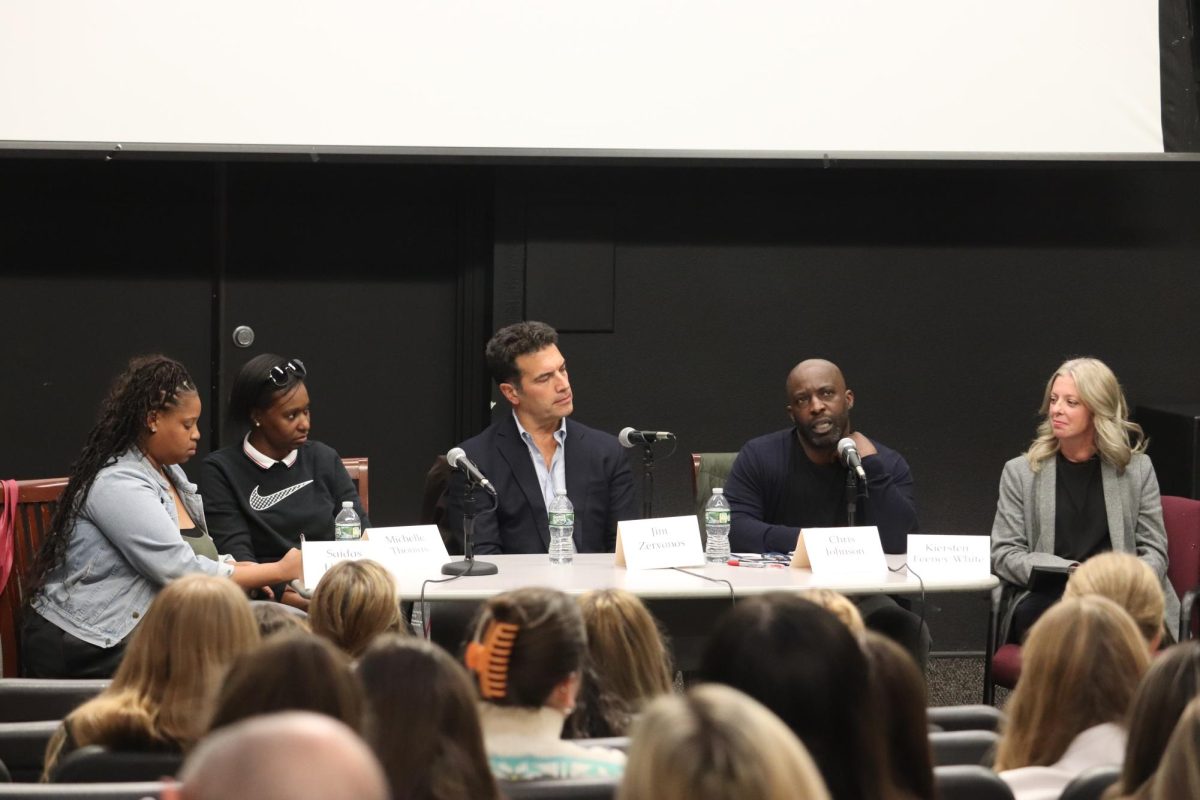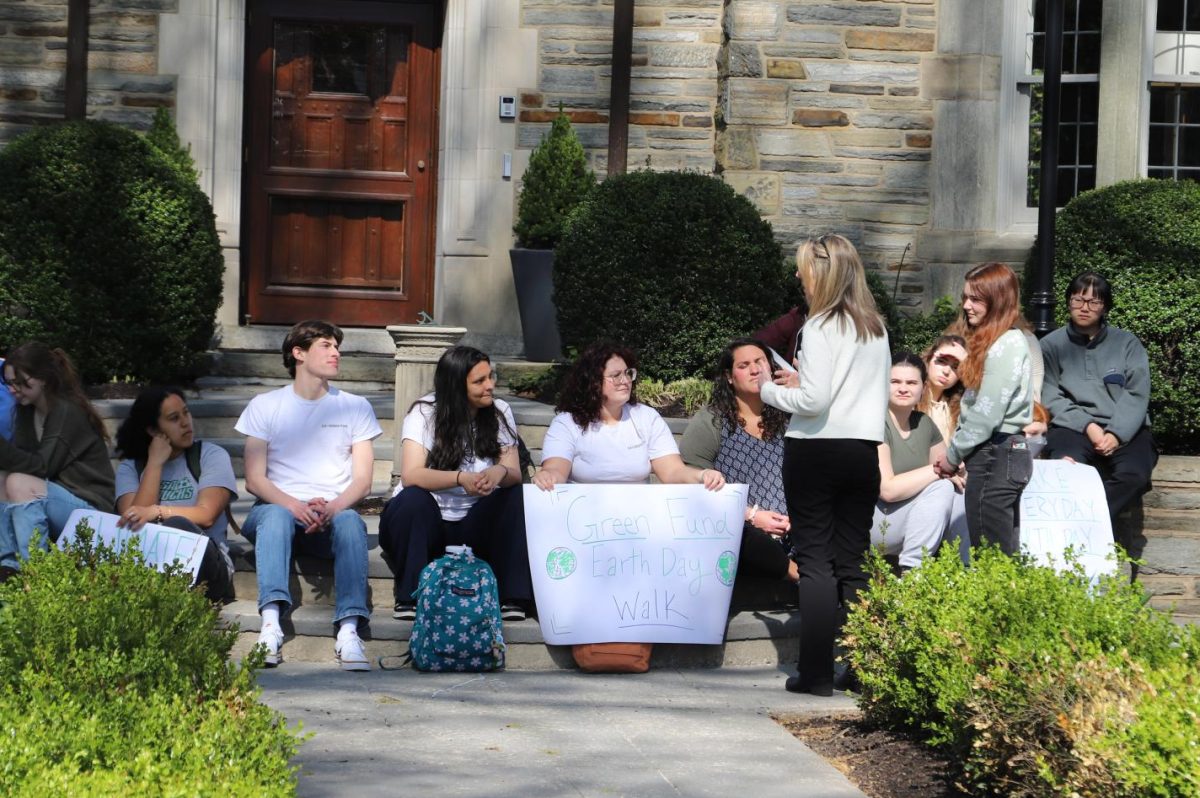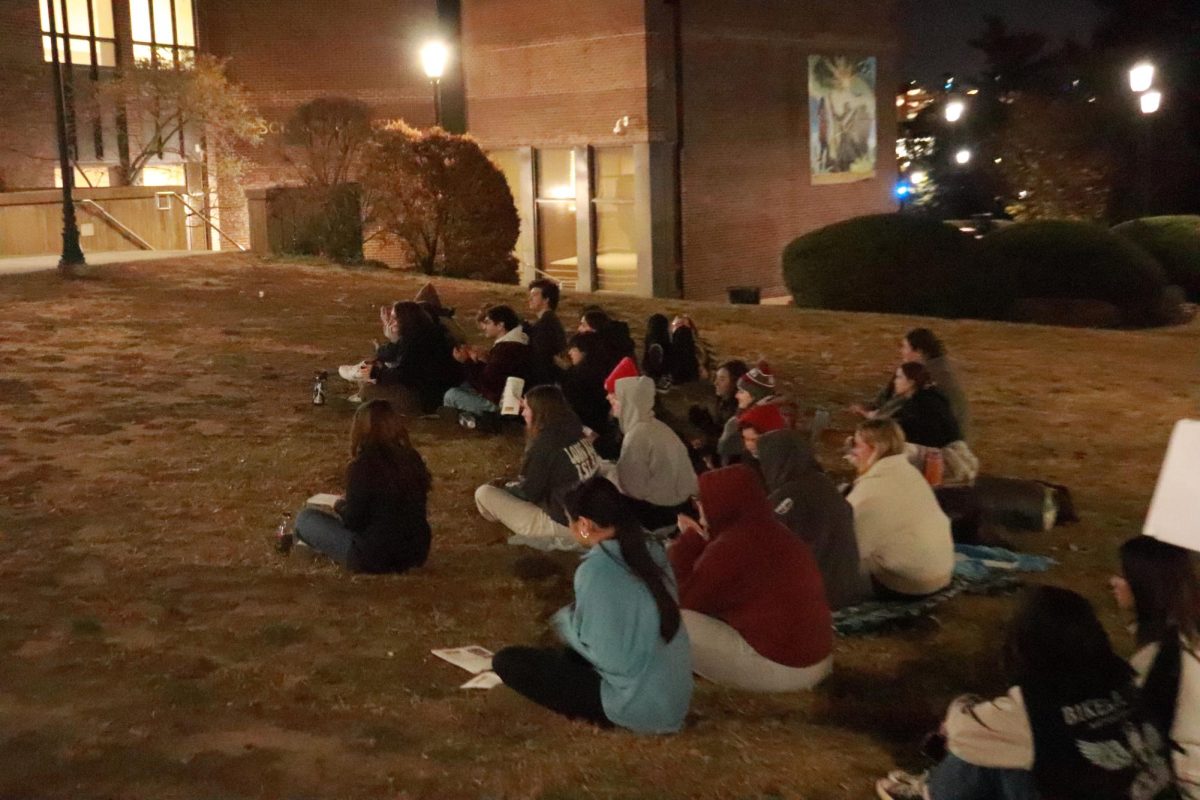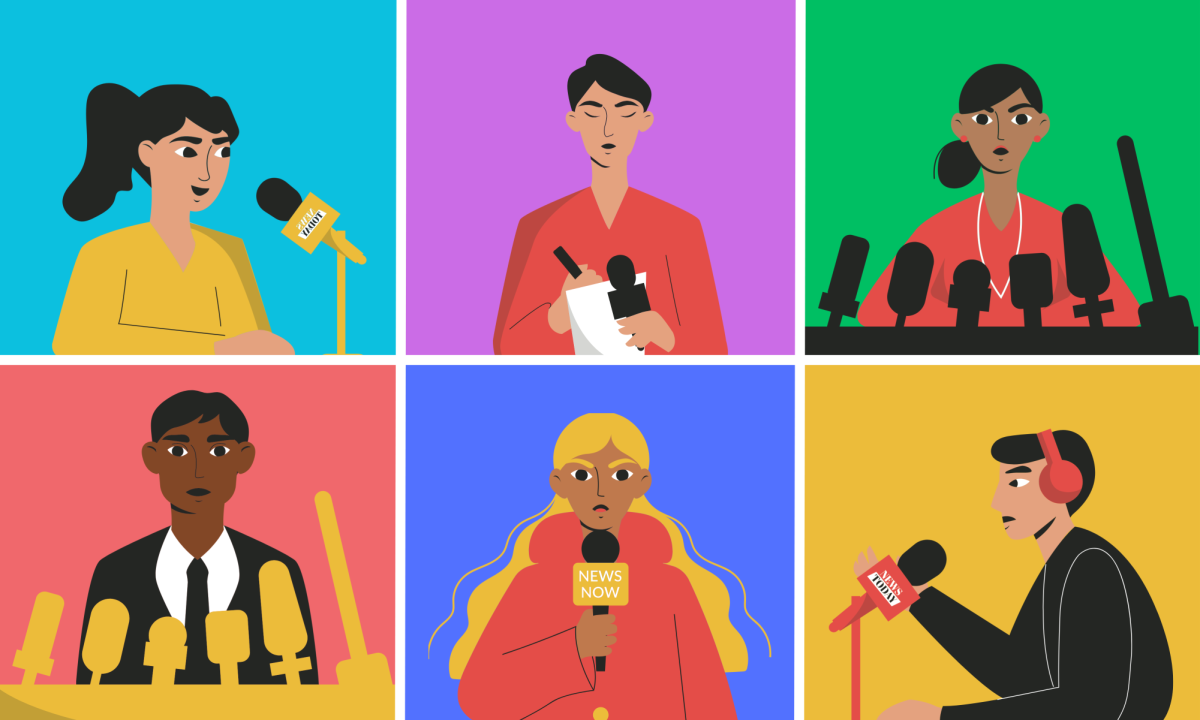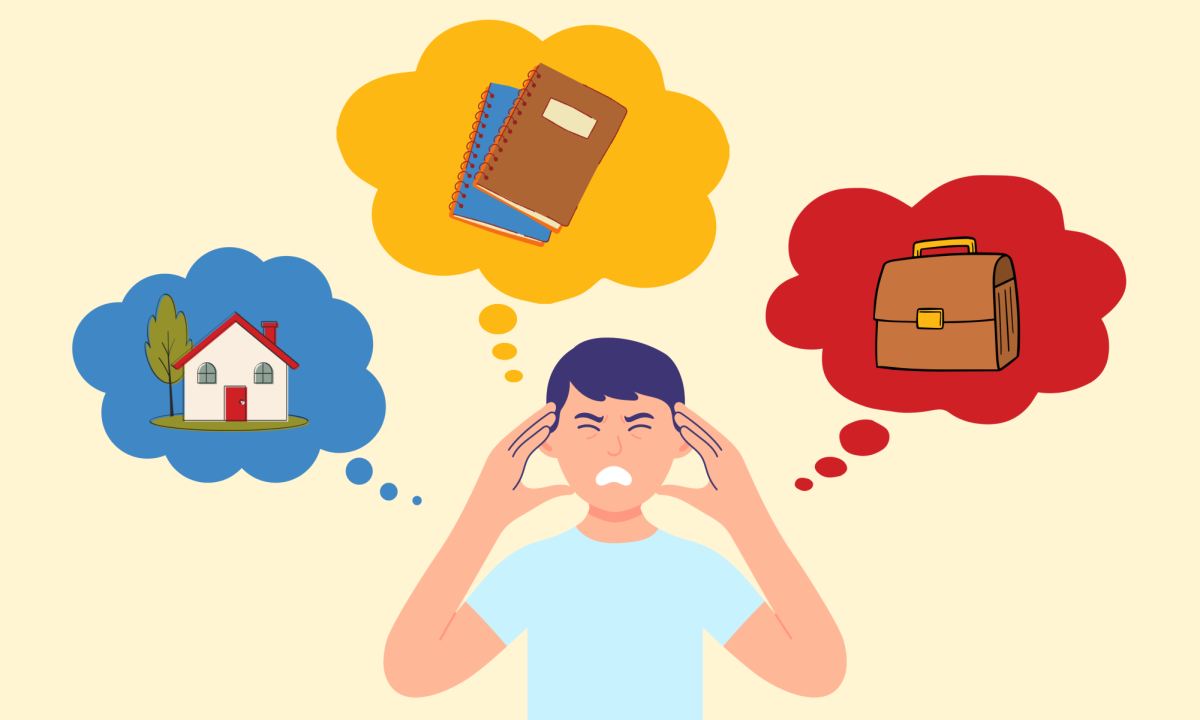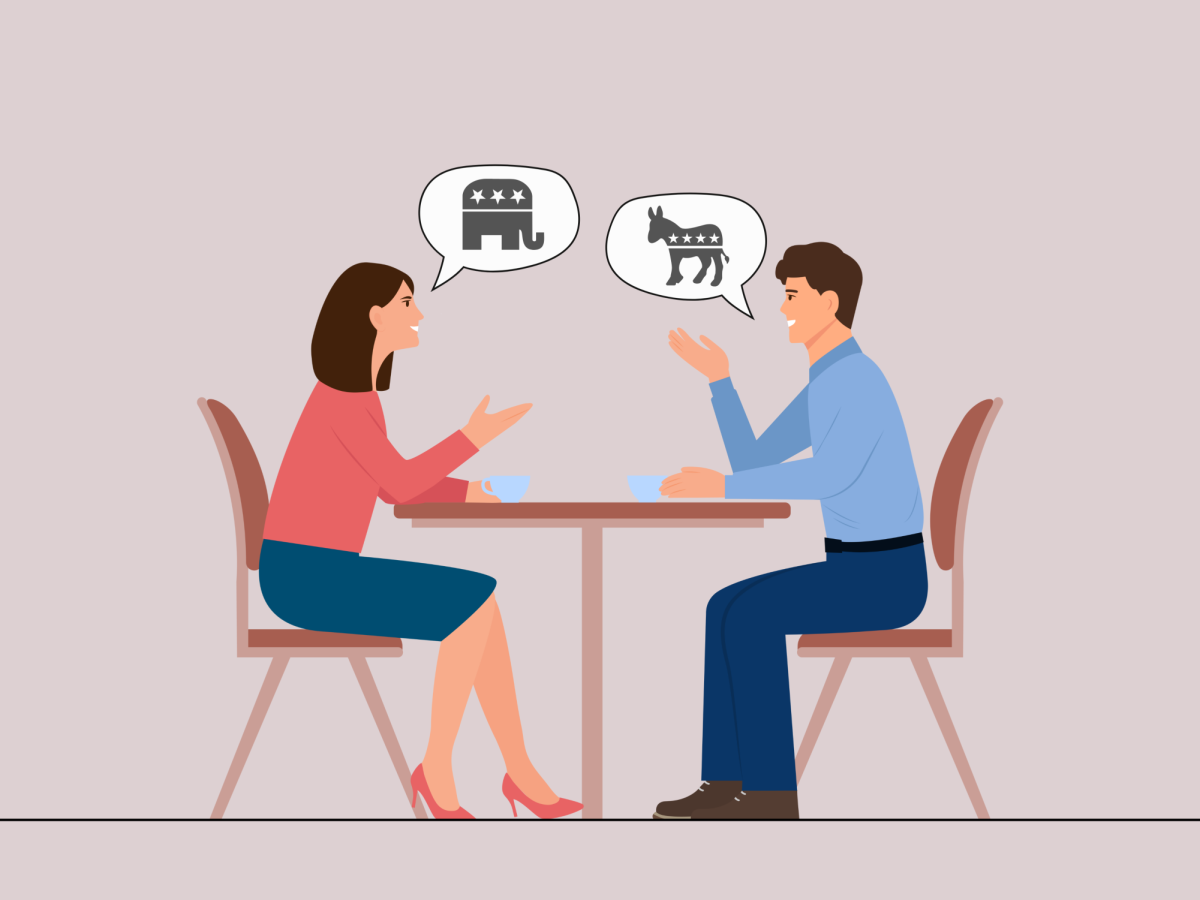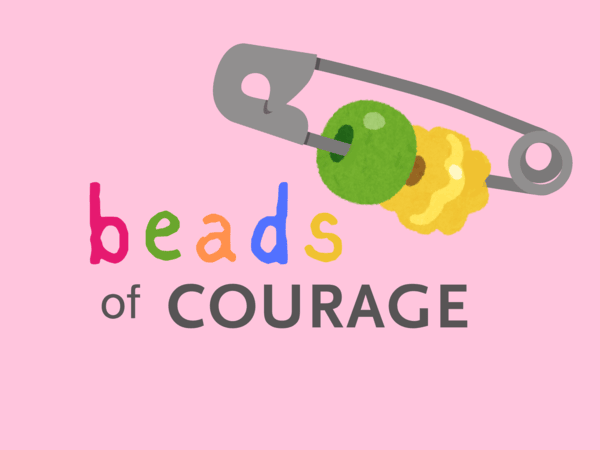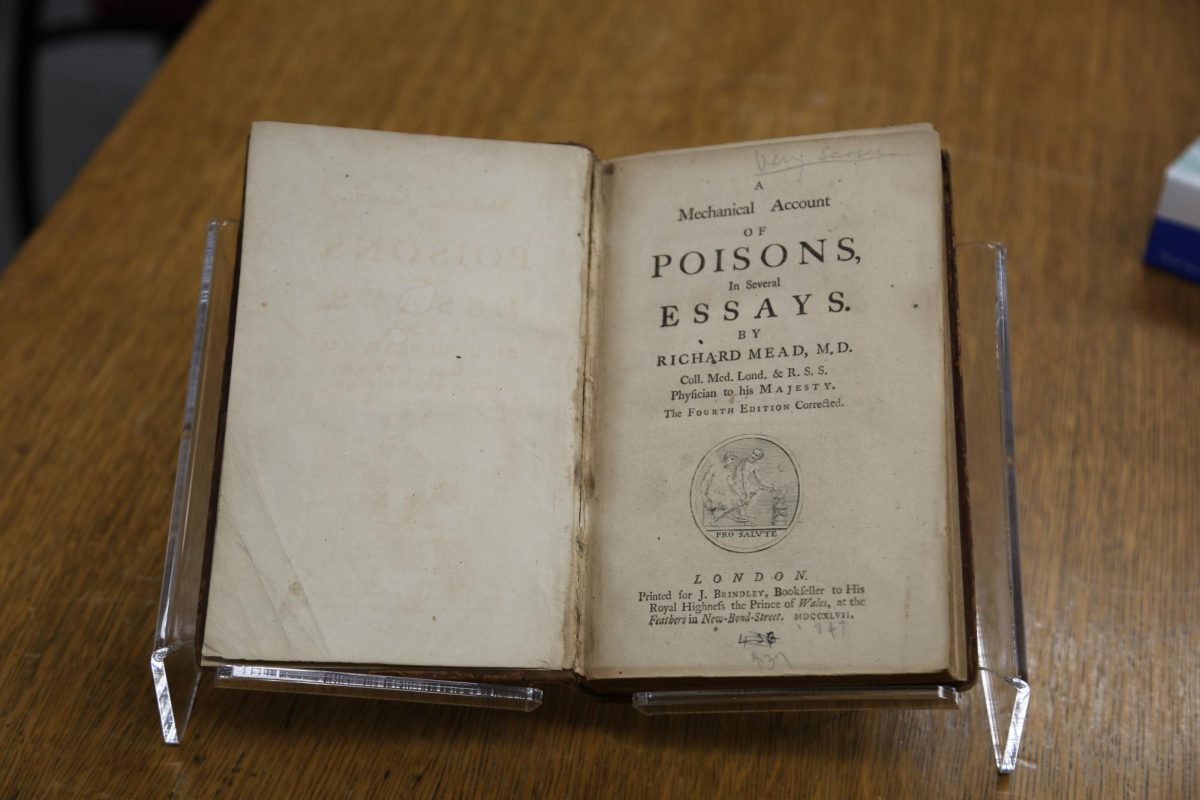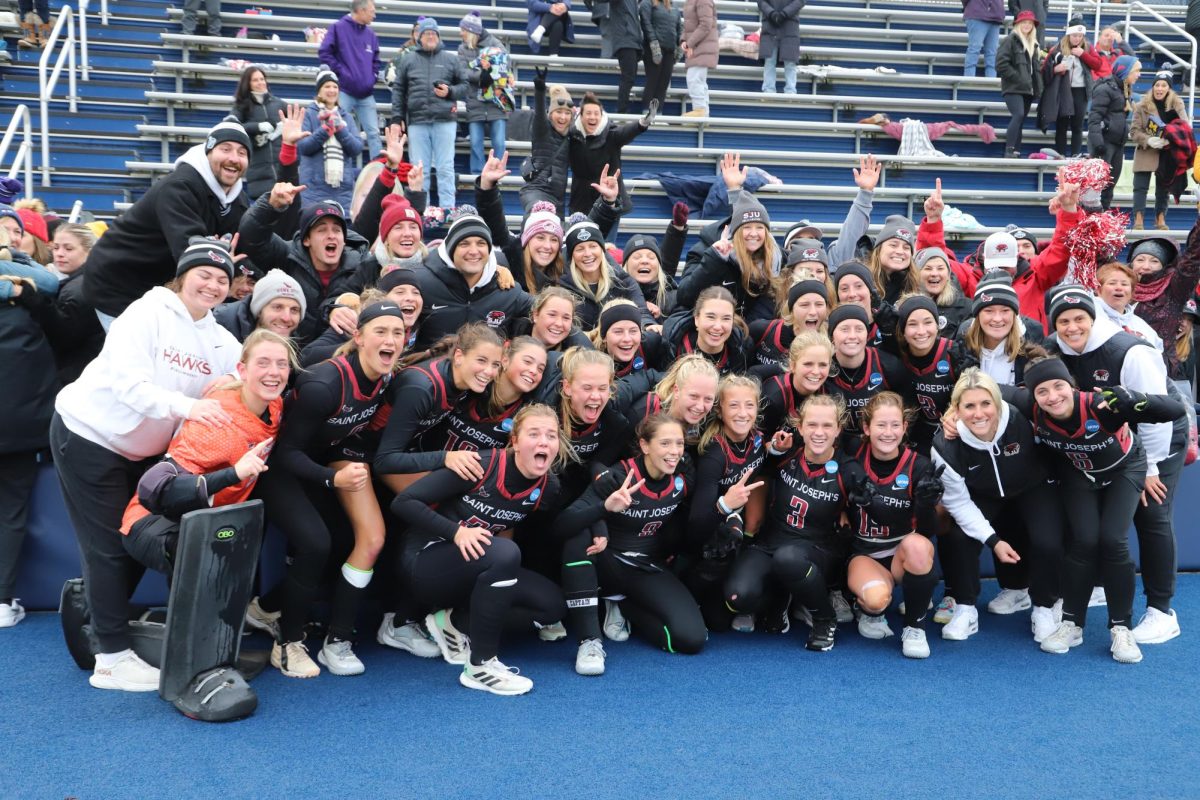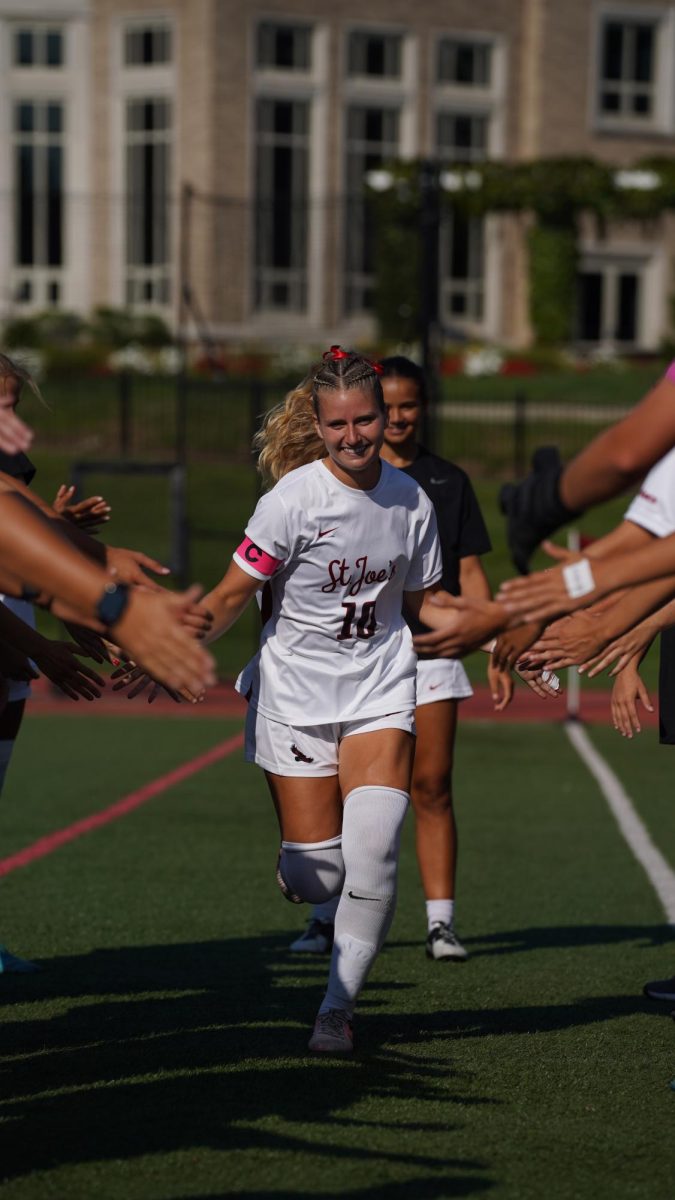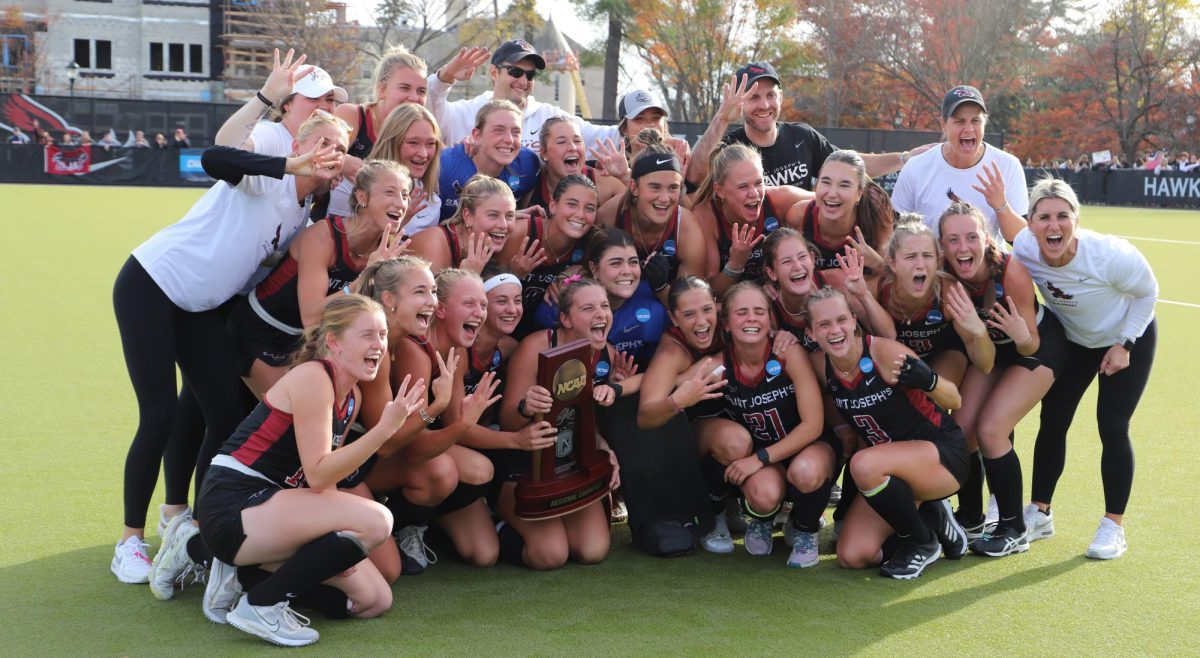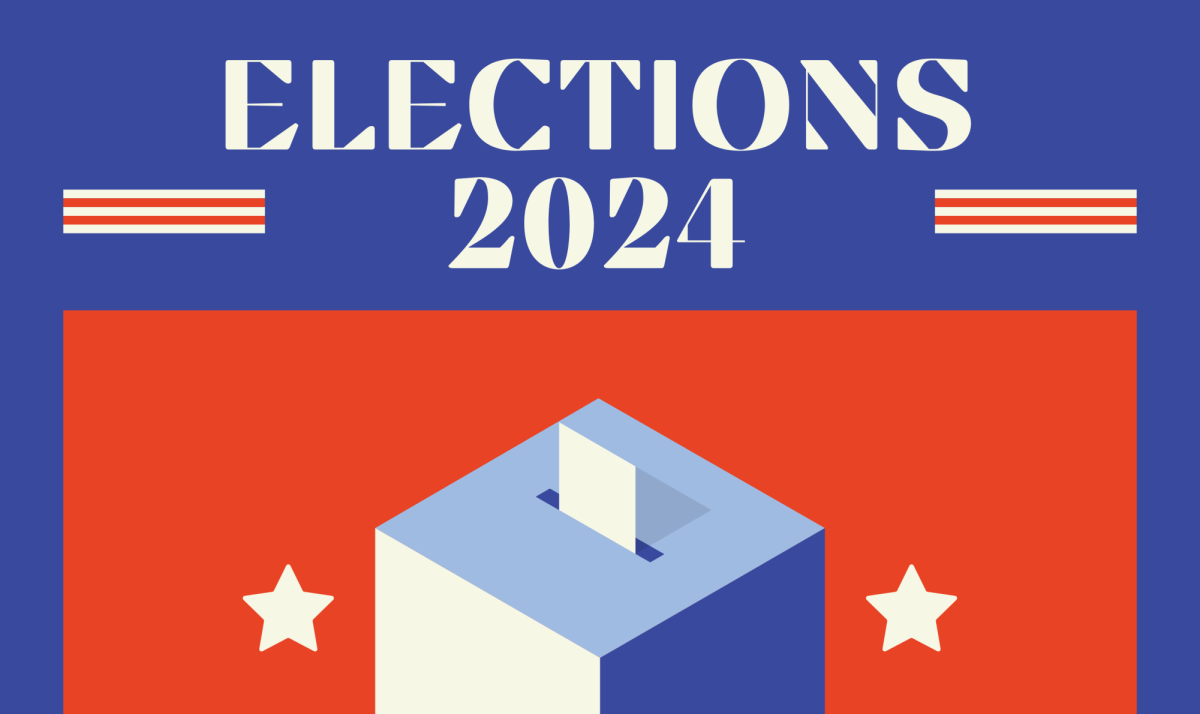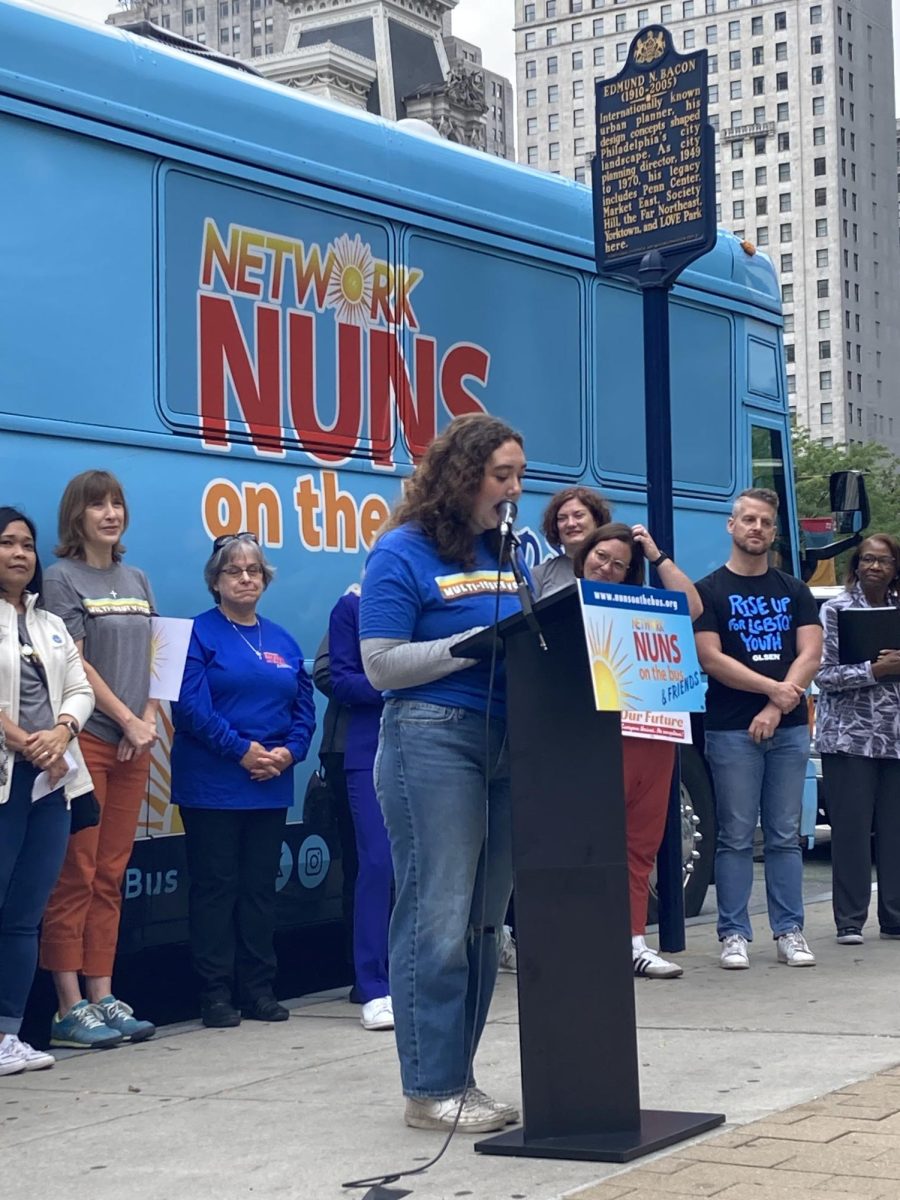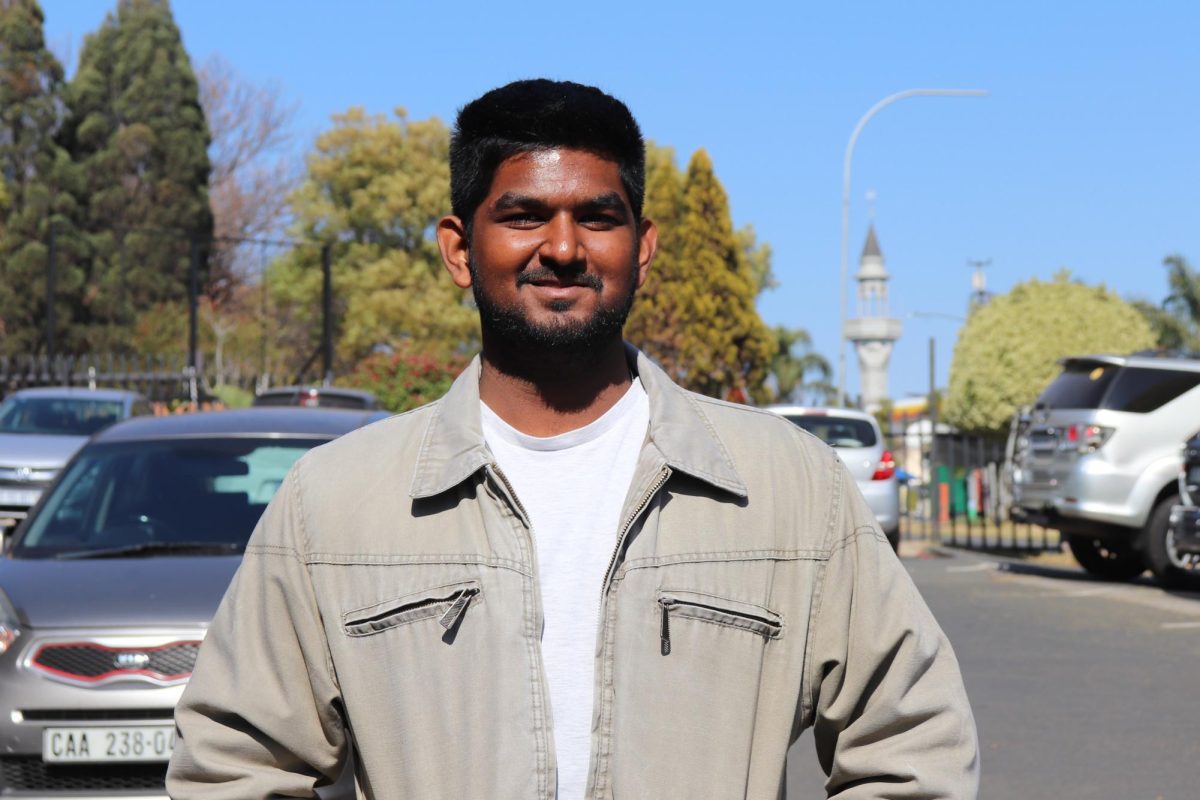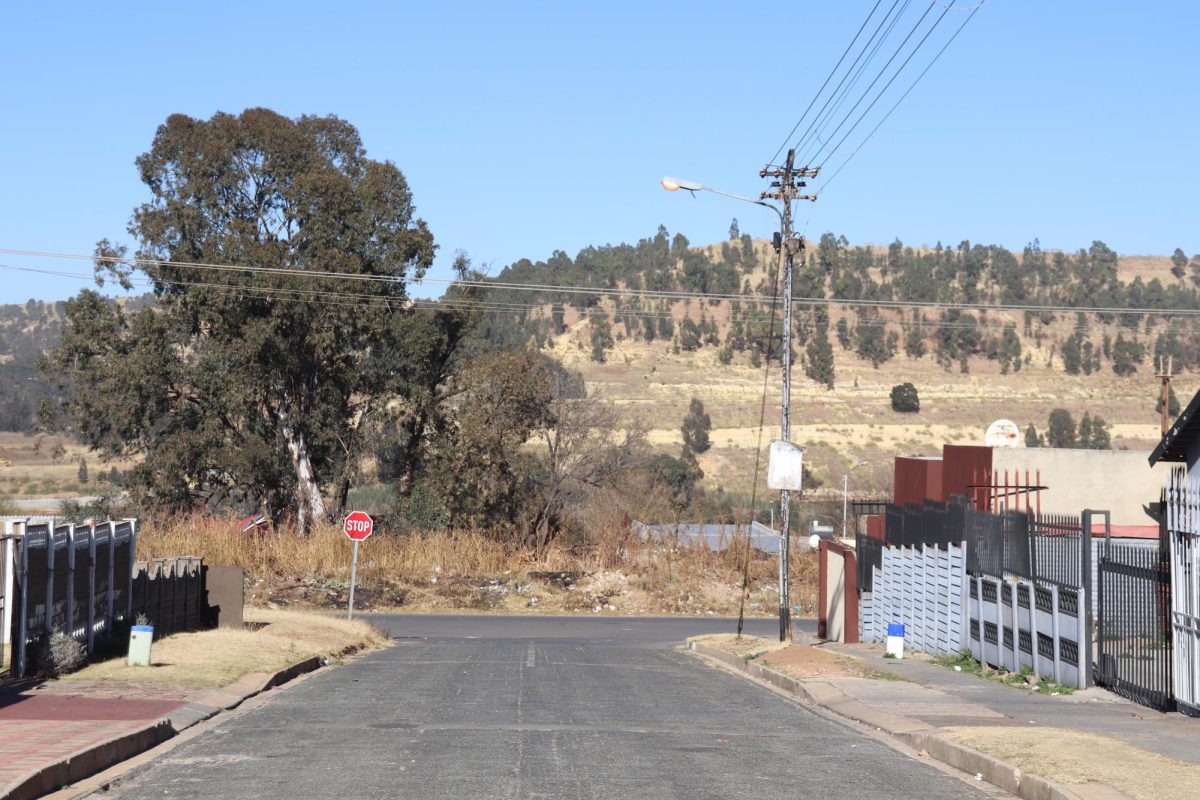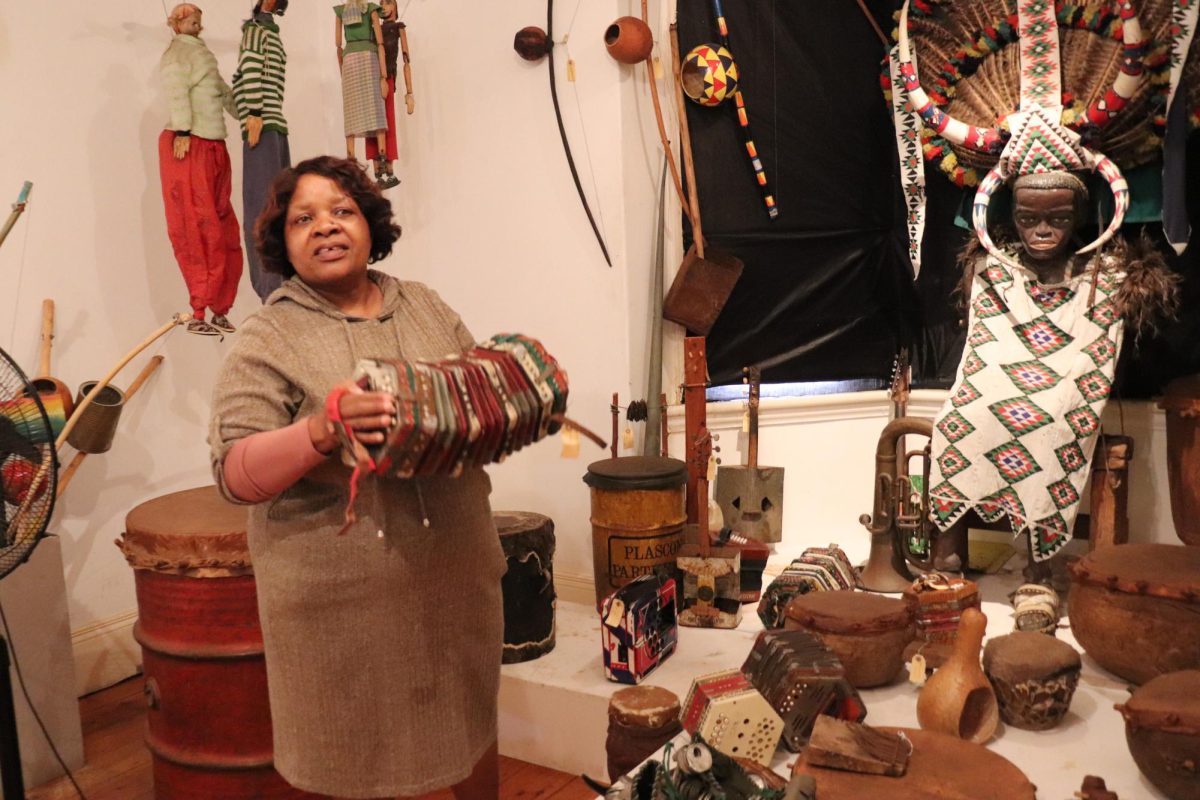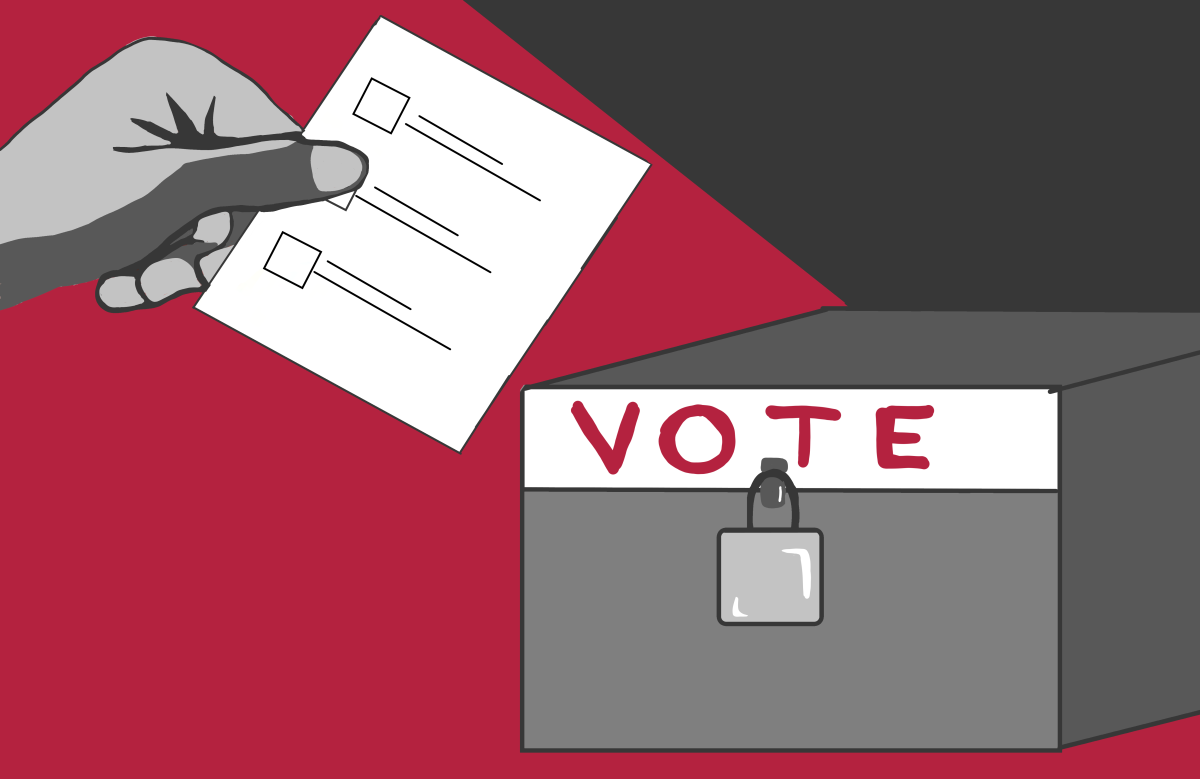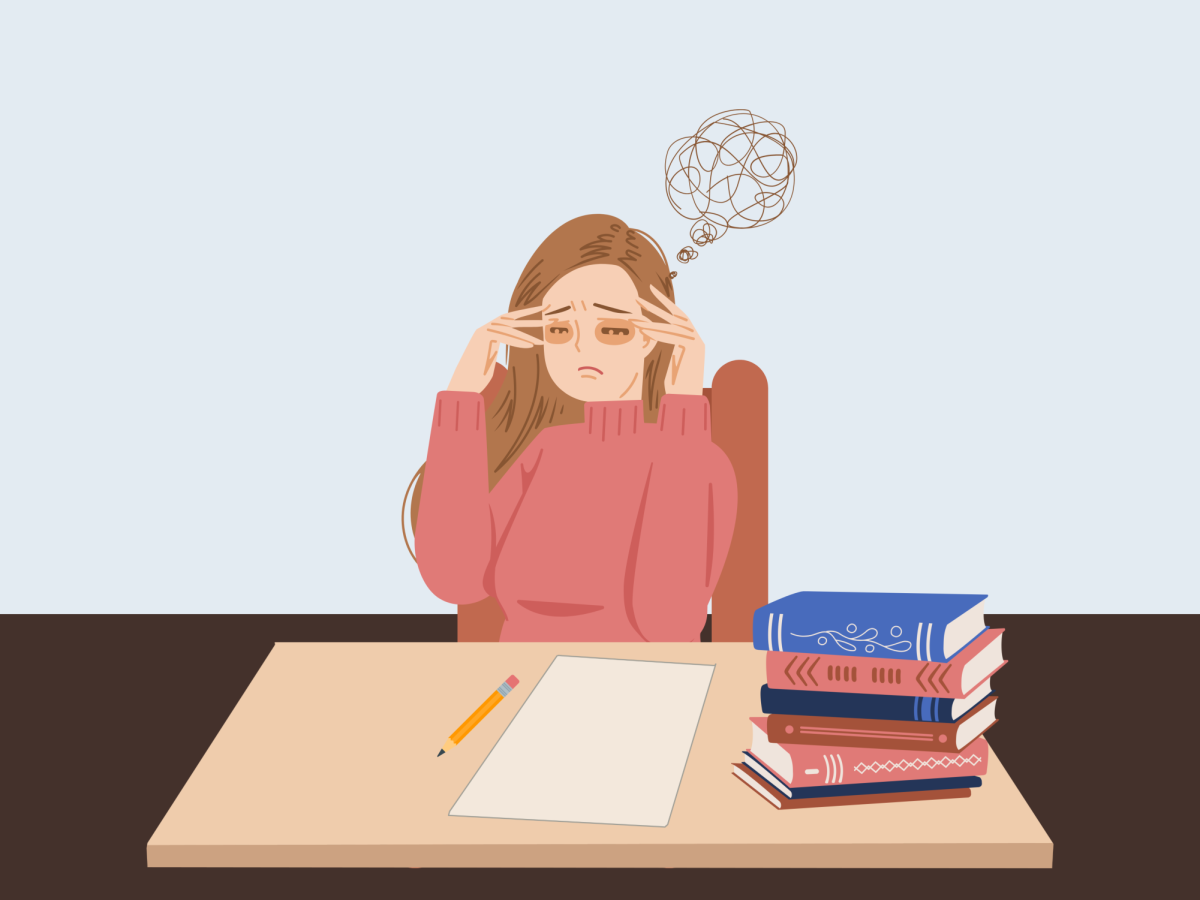When most people hear the term voter suppression, they think of authoritarian countries where voters are pressured by the threat of violence on the part of the sitting regime to vote one way or another. Rarely do we consider that this suppression has been happening in the U.S. for over two centuries.
Voter suppression is a legal or illegal effort that prevents individuals from voting or registering to vote. This practice can take many forms, from brute violence to carefully orchestrated redistricting, both of which, and every strategy in between, have occurred in the U.S.
If left unchallenged, voter suppression can result in a democracy that functions contrary to the will of its people, in which case, it is no democracy at all.
At the conception of the country, only white male landowners were able to vote, which was perhaps the most blatant form of voter suppression. Interestingly, the right to vote is not guaranteed in the Constitution. Black men were also allowed the right to vote, only if they were freed from slavery and owned property, and only in a few states.
Women and most non-Christian religious groups were entirely barred from casting ballots. It was only after the Civil War that Black men were granted the right to vote in all 50 states through the 15th Amendment.
The addition of Jim Crow voting laws made it nearly impossible for Black Americans to vote. Such tactics included a literacy test, poll taxes and “whites only” primary elections, which were in opposition to federal law.
If Black Americans were to oppose such rules, they would often be met with beatings, jailings and killings. A study by the American Civil Liberties Union (ACLU) found that these intimidation efforts were so successful that by 1940, only 3% of eligible Black American voters in the South were registered to vote, greatly impacting the results of decades of elections.
Today, voting centers are often not located in low-income communities or communities of color. If they are, they are regularly relocated, forcing people to travel far distances to cast a ballot. This is difficult, especially for low-income voters, as they may not have access to a vehicle.
Further, felons are often unable to vote by law, even though they have paid their “debt” to society. This greatly impacts the turnout of voters of color given that people of color, particularly Black men, are arrested disproportionately to white men. It seems to me that if an individual has paid their debt to society by serving a prison sentence, they should not have their rights taken away after they are released.
Gerrymandering is perhaps the most devious voter suppression tactic, because even if you are able to cast a ballot, your vote may be insignificant as a result of redistricting done by party officials.
Every several years, electoral districts are redrawn to reflect population shifts discovered by Census survey data. Based on voter data, the sitting party can move district boundaries in absurd ways to garner the most votes possible in future elections.
Of course, the voting results of gerrymandered districts does not reflect the true opinions of the voters and often leaves them without any true government representation.
Currently, the most prevalent example of voter suppression is the Trump administration’s attempt to purposefully defund the U.S. Postal Service to make it impossible for them to handle the influx of mail caused by mail-in ballots, and therefore ensure that many of them will not be counted.
Millions of Americans are unjustly turned away from casting a ballot in every major election in the U.S. Sadly, in a nation that claims to honor freedom and participation in government, voting is purposefully made difficult to deny the voice of the people from being heard. Those with the most to say in our country, namely minorities, young folk and those facing poverty are continually being silenced by our government.
These actions culminate in a democracy that does not reflect the will of its governed, but perhaps that was the plan all along. Thankfully, there are many nonpartisan groups litigating and using activism to change this limiting and dishonest form of governance. If the state of the electoral system bothers you, try volunteering time or resources to some of these causes: Common Cause, FairVote, Election Protection, American Civil Liberties Union, and Fair Fight.


